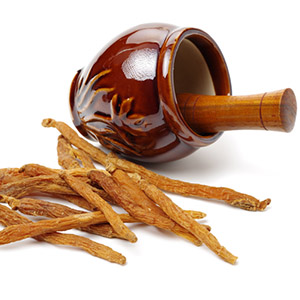Korean red ginseng, derived from the roots of the Panax ginseng plant, has long been revered in traditional Eastern medicine for its myriad health benefits. Its therapeutic properties are attributed to the presence of unique bioactive compounds, including ginsenosides, polysaccharides, and peptides, which exert various physiological effects on the human body. The consumption of Korean red ginseng has been associated with a wide range of health advantages, spanning from enhancing energy levels and cognitive function to bolstering the immune system and promoting overall well-being.
In the context of respiratory health, Korean red ginseng has garnered significant attention for its potential to support lung function and mitigate respiratory ailments. Several studies have highlighted its beneficial effects on the respiratory system, attributing them to its anti-inflammatory, antioxidant, and immune-modulating properties. By reducing inflammation and oxidative stress in the respiratory tract, Korean red ginseng may help alleviate symptoms associated with respiratory conditions such as asthma, bronchitis, and chronic obstructive pulmonary disease (COPD).
Moreover, Korean red ginseng has been shown to enhance pulmonary function and respiratory endurance, thereby improving lung capacity and oxygen utilization. This enhancement in respiratory efficiency can be particularly beneficial for individuals engaged in physical activities or those experiencing respiratory difficulties due to aging or environmental factors. Additionally, the immune-modulating effects of Korean red ginseng may contribute to strengthening the body's defenses against respiratory infections, reducing the risk of respiratory illnesses and promoting faster recovery.
Furthermore, research suggests that Korean red ginseng may play a role in preventing the progression of certain respiratory disorders by inhibiting the proliferation of respiratory viruses and bacteria. Its ability to modulate immune responses and enhance mucosal immunity within the respiratory tract can help fortify the body's natural defenses against pathogens, thereby reducing the likelihood of respiratory infections and their associated complications.
In summary, Korean red ginseng offers a multitude of health benefits, including support for the lungs and respiratory system. Through its anti-inflammatory, antioxidant, and immune-modulating properties, it may help alleviate respiratory symptoms, enhance pulmonary function, and bolster the body's defenses against respiratory infections. Incorporating Korean red ginseng into one's wellness routine may therefore contribute to improved respiratory health and overall vitality.
